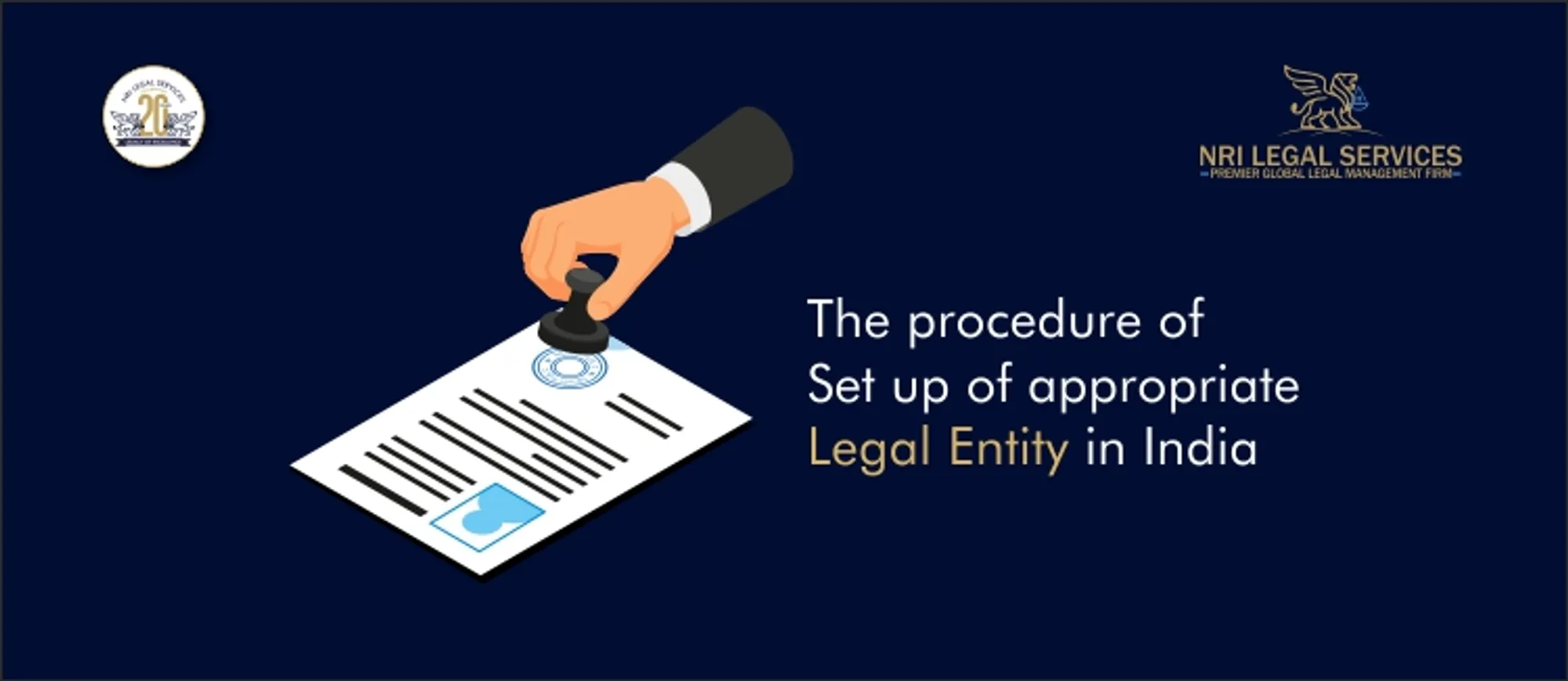Want to run a business in India and thinking how to go about it? Which legal entity to be set up and how? There is nothing to worry about as the legal experts and firms provide consultancy services and advice in making the best decision.
Table of Contents
Legal Entity
A legal entity means a setup for running a business. Business Operations in India can be carried out by setting up a:
- Private Limited Company – It can be either a wholly-owned subsidiary or a joint venture
- Public Limited Company
- Limited Liability Partnership
A foreign company may like to carry out its business activities by setting up any of the following:
- Liaison Office: This office is a link between foreign companies and entities in India. It helps to understand the Indian markets ad investment climate in India.
- Project Office: Set up by the parent company in India for overseeing, facilitating, and executing activities related to a particular project.
- Branch Office: A foreign company engaged in trading and manufacturing activities sets up a branch office in India if there is a need for its physical presence. Such an office can undertake permitted activities only as approved by RBI. It is not permitted to take up any manufacturing activity.
Some of the permitted activities are Import and Export, Technical and Financial Collaborations, Professional and Consultancy Services.
Procedure for setting up a legal entity:
The formation of the legal entity and running of the businesses involves various legal and statutory compliances. Business in India is subject to approvals and permissible limits as per RBI guidelines and Government of India Policies.
Recommended reading: Drafting and finalization of all type of corporate contracts
The procedure to set up a legal entity most commonly involves the following steps:
- Obtain the DIN– Director Identification Number or Designated Partners Identification Number (DPIN) in case of LLP
- Getting the Digital Signatures Certificate (DSC). It has been made mandatory for the Directors of the Company to obtain a DSC.
- Primary charter documents like the Memorandum of Association, Articles of Association have to be drafted carefully conforming to the provisions of the Companies Act, 2013. They are submitted to the Registrar of Companies while applying for incorporation.
- Incorporation– Now, we have an integrated form that is submitted while applying for incorporation. It is used for allotment of DIN, reservation of name, and incorporation of a new company. Apply to the Registrar of Companies by filling up a form, submitting the same along with requisite documents, and obtain a certificate of incorporation.
- Apply to the Authorized Dealer bank as approved by RBI, with a copy of necessary documents: certificate of incorporation, audited balance sheets of the applicant for the last three years, Banker’s report from the country of origin of the foreign company, etc.
The bank approves setting up the branch office/liaison office/project office. This AD bank also gets the UIN (Unique Identification Number) from the RBI, which is allotted to a legal entity and used by RBI to maintain and manage its records.
Recommended reading: How to File a Claim as Financial Creditor Before NCLT
There are some other registrations required post-formation of the legal entity, which are:
- PAN –Permanent Account Number for the legal entity
- TAN– Tax Deduction and Collection Account Number
- GST– Goods and Service Tax number
- IEC – Importer Exporter Code certificate
These are all mandatory registrations required as per the nature of the business. They are used in various business communications and transactions.
Other statutory compliances:
- Audit by Chartered Accountant
- Tax Audits
- Annual Submission of Activity Certificate with RBI and AD bank
- Filing of quarterly TDS returns
- Filing of IT returns – not in case of Liaison Office as no income accrues here
- GST returns and GST Audit
- Annual Filings of Audited Accounts with ROC
- Conducting board meetings if the entity is other than a branch office, liaison office, or project office.
In addition to this, foreign direct investment also enters the Indian economy through any of the following routes:
- Automatic Route
- Government Approval Route
The choice of investment route depends on the nature of the business activity and economic sector where the proposed investment occurs.
It is preferable to seek legal advice and hire corporate advisory professionals who provide proper guidance for choosing an appropriate legal entity, are apt to ensure the statutory compliances, and represent the company before the Government Officials while fulfilling all the legal formalities.

